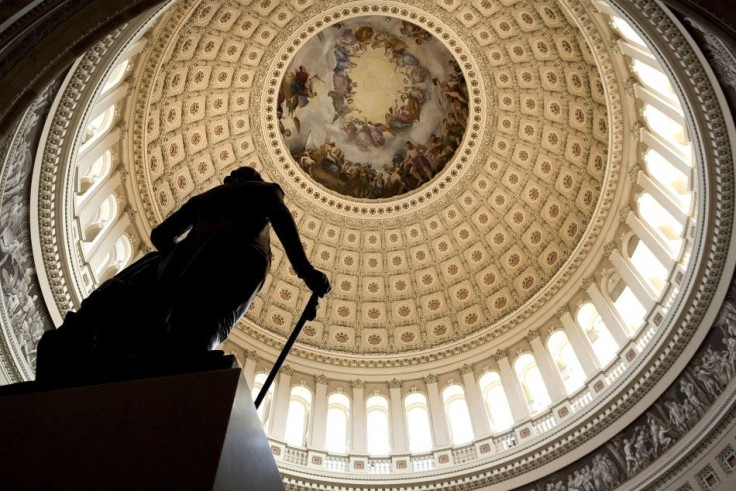House Republicans Pass Bills to Update 'No Child Left Behind'

House Republicans advanced legislation on Tuesday that would significantly curtail the federal government's role in education.
In a vote that broke along party lines, lawmakers approved two bills that would loosen federal guidelines on how school districts spend money and eliminate a key aspect of the 2002 No Child Left Behind overhaul.
I would get the federal government completely out of the education business if I could, Rep. Virginia Foxx, R-N.C., said. But this goes in the right direction.
One provision would do away with a requirement that states keep education spending at a certain level in order to qualify for federal funds directed at low-income children. Known as maintenance of effort, the requirement is a legacy of the 1965 Elementary and Secondary Education Act's attempt to limit disparities among students from different backgrounds.
Democrats Challenged GOP Effort
Democrats on the House panel challenged the attempt to weaken that requirement, saying that reducing equality was a central reason for the federal government's involvement in education.
Yes, it is a national priority, said Rep. Robert E. Andrews, D-N.J.,. If groups of children are consistently deprived of an education, we're going to fix it.
The House bills would also eliminate Adequate Yearly Progress, a key mechanism of No Child Left Behind that required states to set testing-based goals and then demonstrate progress towards those goals. While the idea initially had bipartisan support, lawmakers and educators eventually said the mandate of regular progress was too rigid and unrealistic.
Despite widespread agreement that No Child Left Behind is ineffective, Congress has been unable to update the law. The Obama administration has offered waivers exempting states from some of the more onerous provisions if those states agree to pursue certain reforms.
--
© Copyright IBTimes 2024. All rights reserved.





















